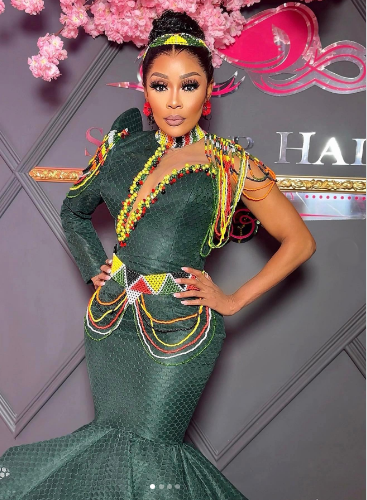
22 Thembi Seete’s Iconic Traditional Dresses: A Celebration of African Heritage
Thembi Seete, a South African actress, singer, and television presenter, is not only celebrated for her remarkable talent but also for her impeccable fashion sense. One aspect of her style that has consistently stood out is her ability to elegantly embrace traditional African dresses. These dresses not only showcase her cultural pride but also serve as a source of inspiration for many fashion enthusiasts across the continent and beyond. In this article, we’ll take a closer look at Thembi Seete’s traditional dresses, exploring their significance, the designs she has sported, and their impact on African fashion.
The Significance of Traditional Dresses
Traditional African dresses are more than just garments; they are a reflection of history, culture, and identity. Each African country boasts a diverse range of ethnic groups, each with its unique clothing traditions. These dresses are often adorned with vibrant colors, intricate patterns, and symbolic designs that tell stories of African heritage. By choosing to wear traditional dresses, Thembi Seete not only pays homage to her roots but also helps preserve and promote African culture on a global scale.
The Impact on African Fashion
Thembi Seete’s commitment to showcasing traditional African dresses has had a significant impact on the fashion landscape. Here are some of the ways in which she has contributed to the promotion of African fashion:
-
Cultural Pride: By consistently wearing traditional dresses, Thembi Seete encourages Africans to take pride in their cultural heritage. She serves as a role model for young people, inspiring them to embrace their roots and celebrate their identity through fashion.
-
Global Recognition: Thembi Seete’s fashion choices have garnered international attention, leading to greater recognition of African fashion on the global stage. African designers and artisans have seen increased demand for their work, helping boost the continent’s fashion industry.
-
Trendsetting: Thembi Seete’s fashion choices often set trends in the African fashion scene. Many fashion enthusiasts and designers look to her for inspiration, leading to the popularization of traditional African dresses in both formal and casual settings.
-
Cultural Exchange: Thembi Seete’s promotion of African fashion has also facilitated cultural exchange. Her outfits have sparked curiosity and interest among people from different backgrounds, fostering a greater appreciation for African culture and heritage.
22 Thembi Seete’s Iconic Traditional Dresses: A Celebration of African Heritage
Vibrant Colors and Bold Prints
Thembi Seete’s traditional dress choices are characterized by their vibrant colors and bold prints. She often opts for dresses made from fabrics such as Ankara (African wax prints) and Kente cloth, both known for their eye-catching patterns and rich symbolism. These dresses make a powerful statement, drawing attention to the beauty of African textiles.
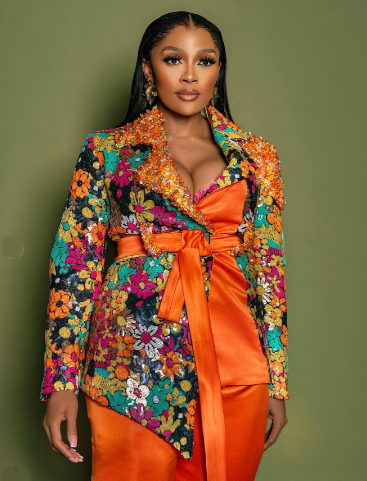
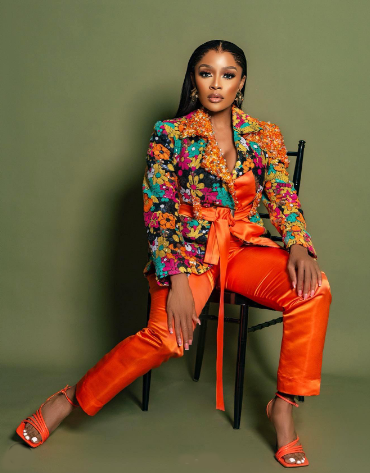

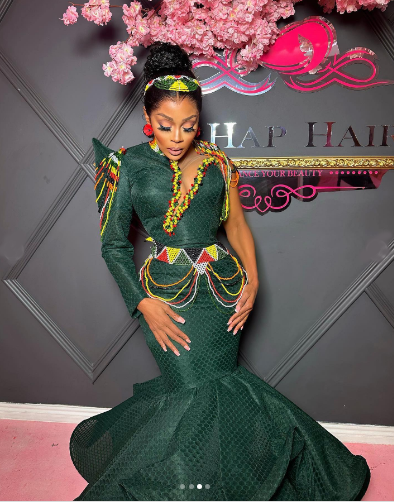
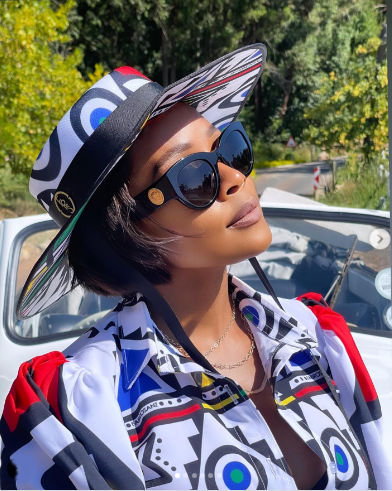
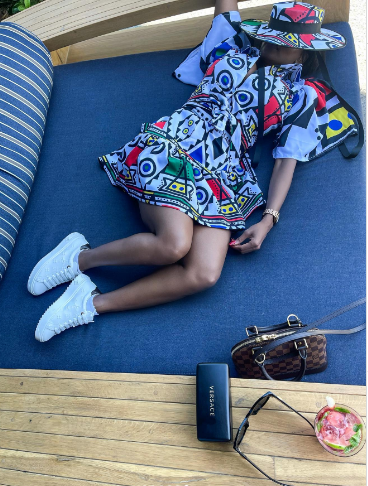
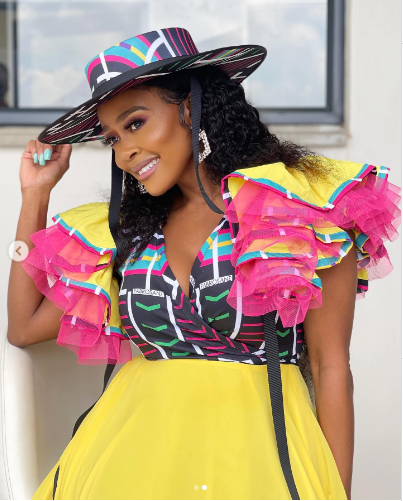
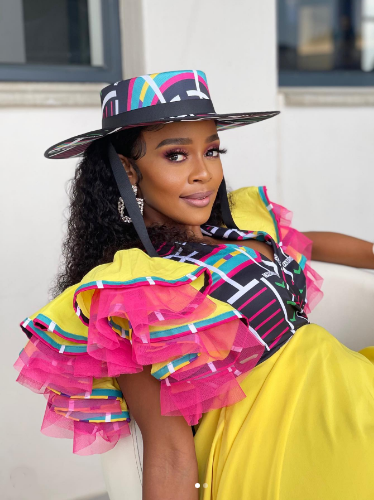
Modern Silhouettes
While Thembi Seete embraces traditional fabrics and patterns, she also incorporates modern silhouettes into her outfits. This fusion of tradition and contemporary style allows her to showcase her individuality while maintaining a strong connection to her cultural heritage.

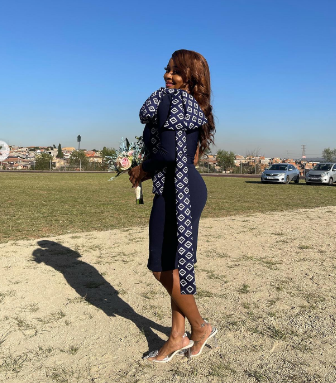
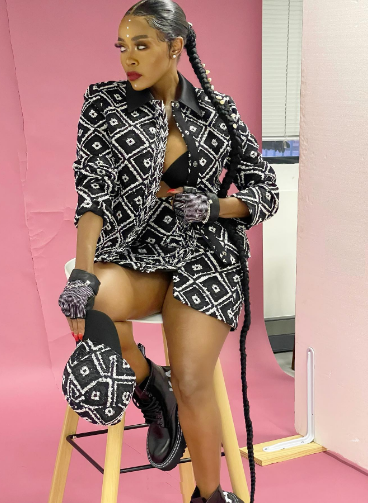
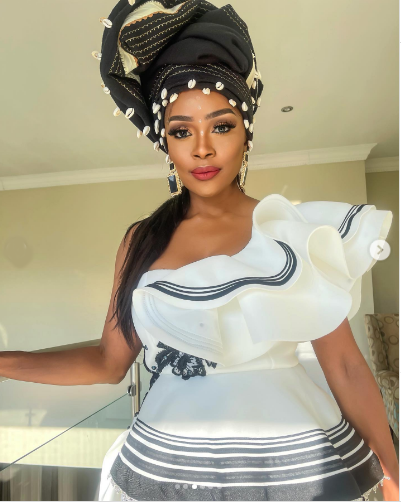
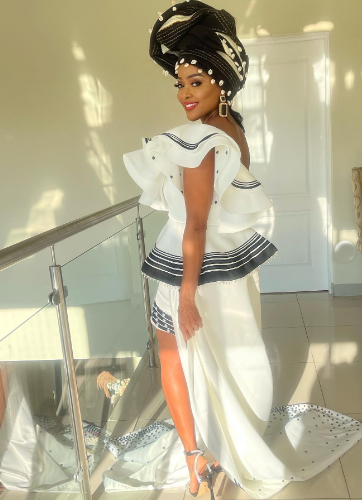
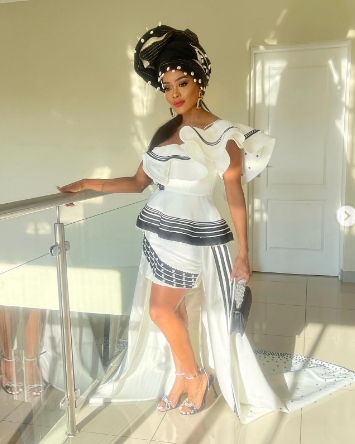
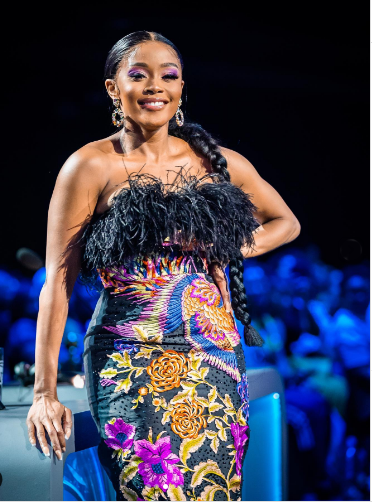
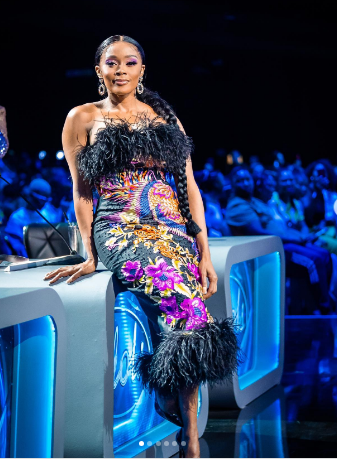
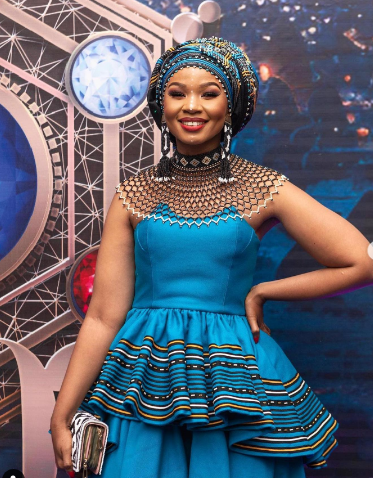
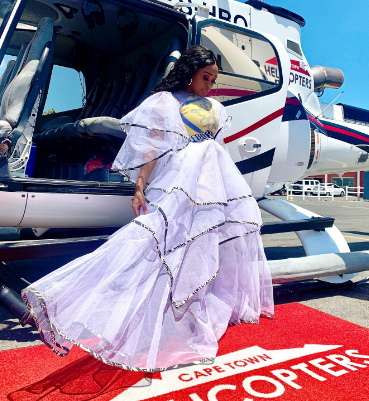
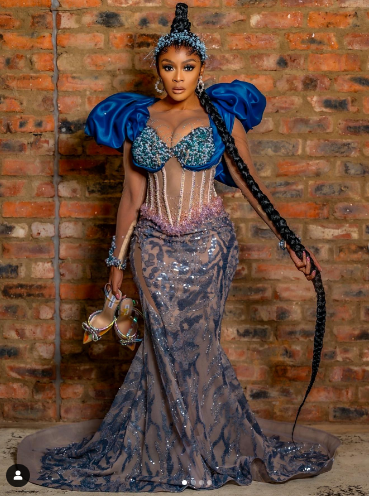
Occasion-Appropriate Attire
Thembi Seete’s versatility is evident in her choice of traditional dresses for various occasions. Whether it’s a red carpet event, a music video shoot, or a casual outing, she effortlessly adapts her traditional attire to suit the context, showcasing the adaptability of African fashion.
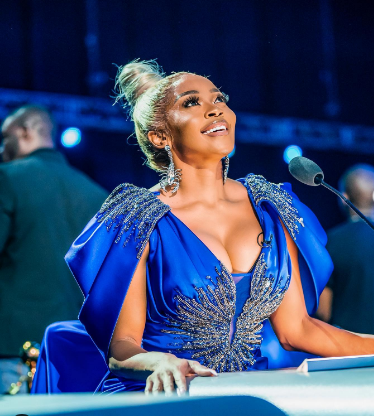
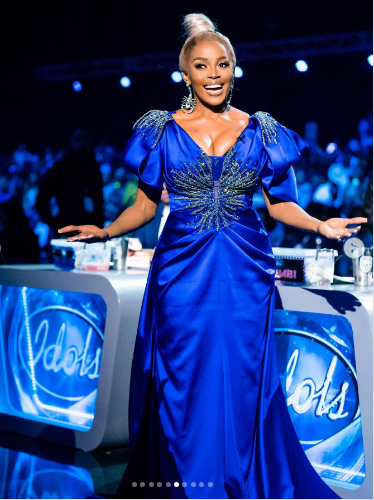
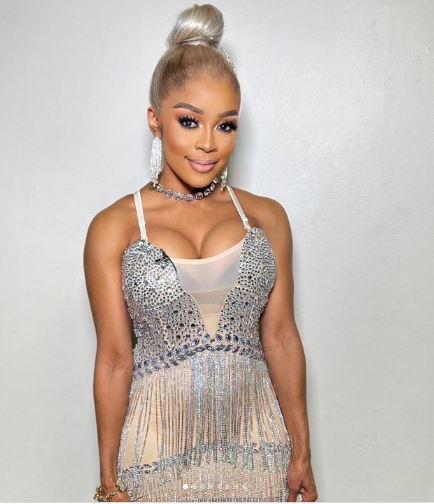
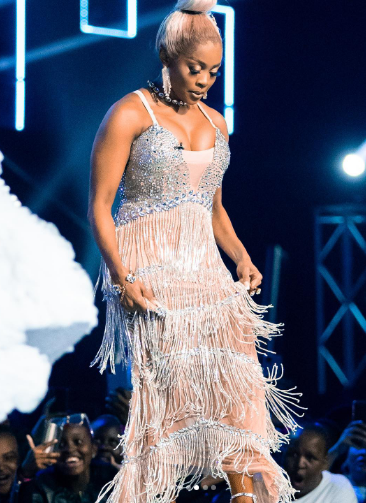
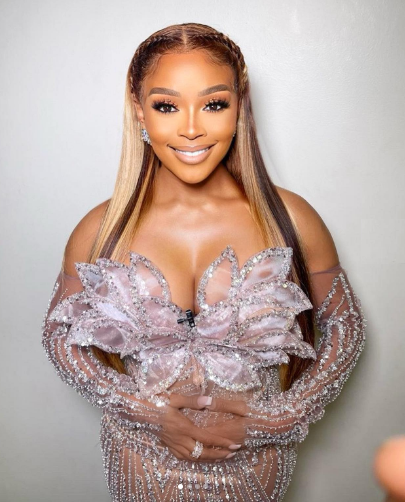
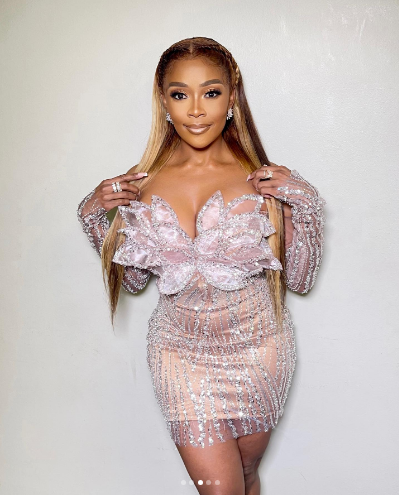
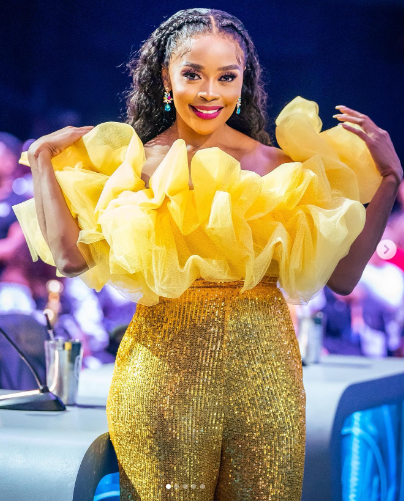
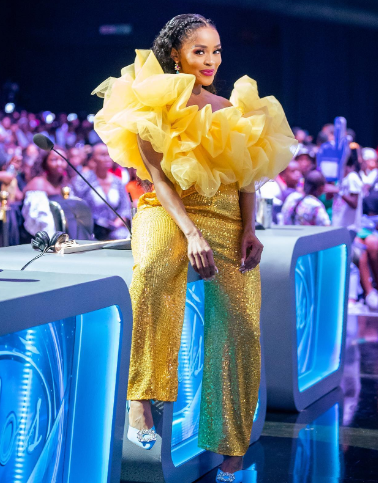
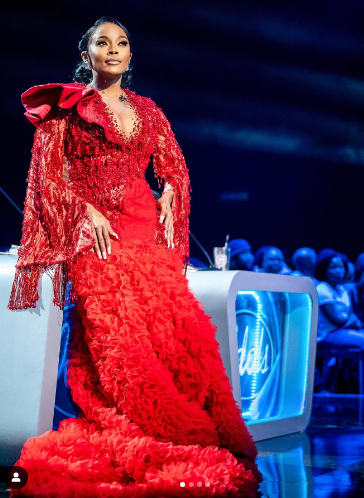
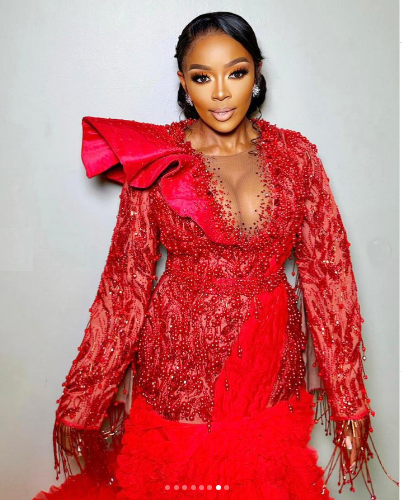
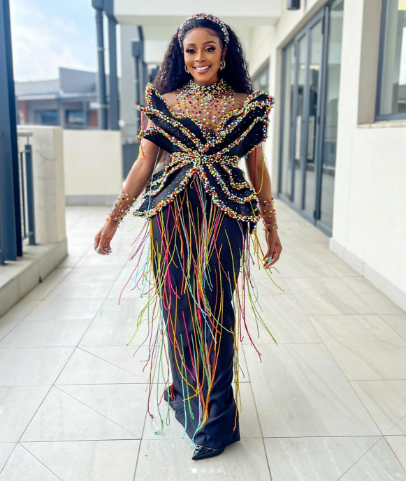
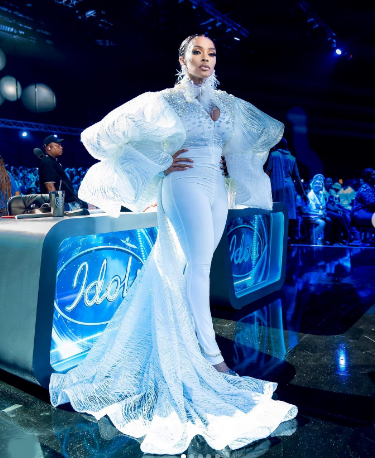
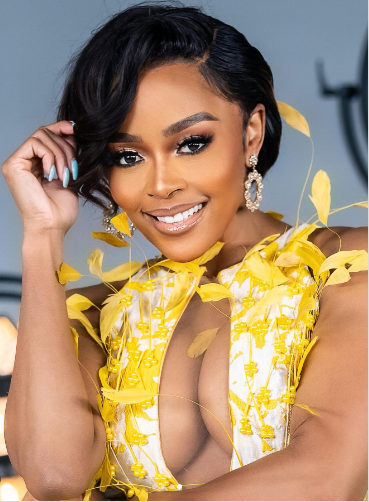
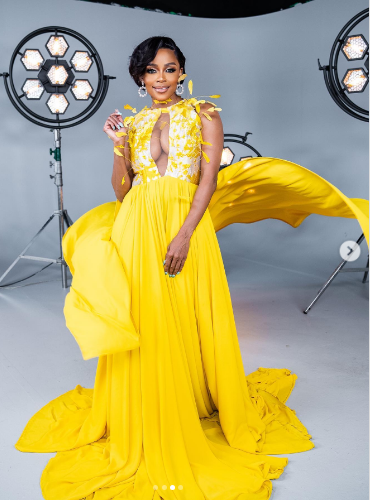
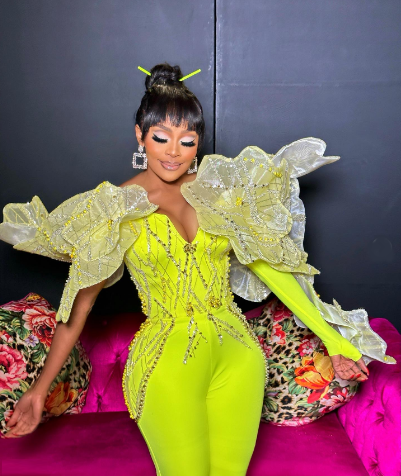
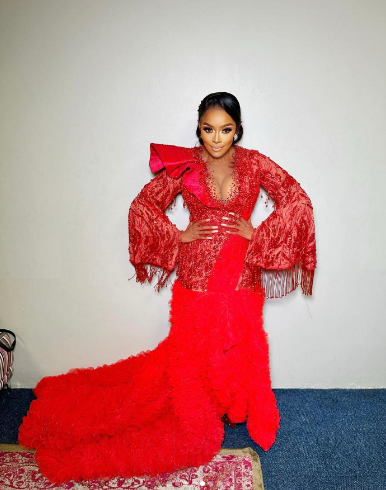
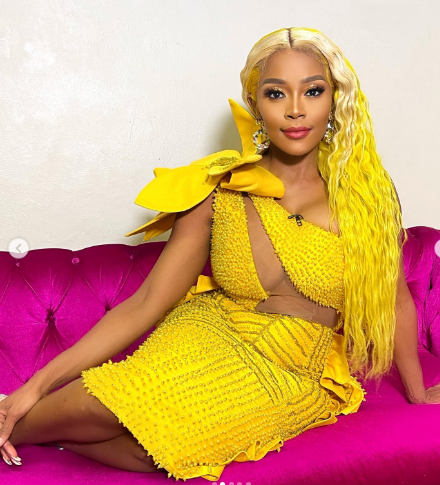
Conclusion
Thembi Seete’s embrace of traditional African dresses is a testament to her pride in her roots and her commitment to promoting African culture through fashion. Her bold and vibrant style choices have not only inspired countless individuals but have also played a significant role in elevating African fashion to a global platform. As she continues to celebrate her heritage through her wardrobe, Thembi Seete remains a symbol of cultural pride and a fashion icon in the African context.
